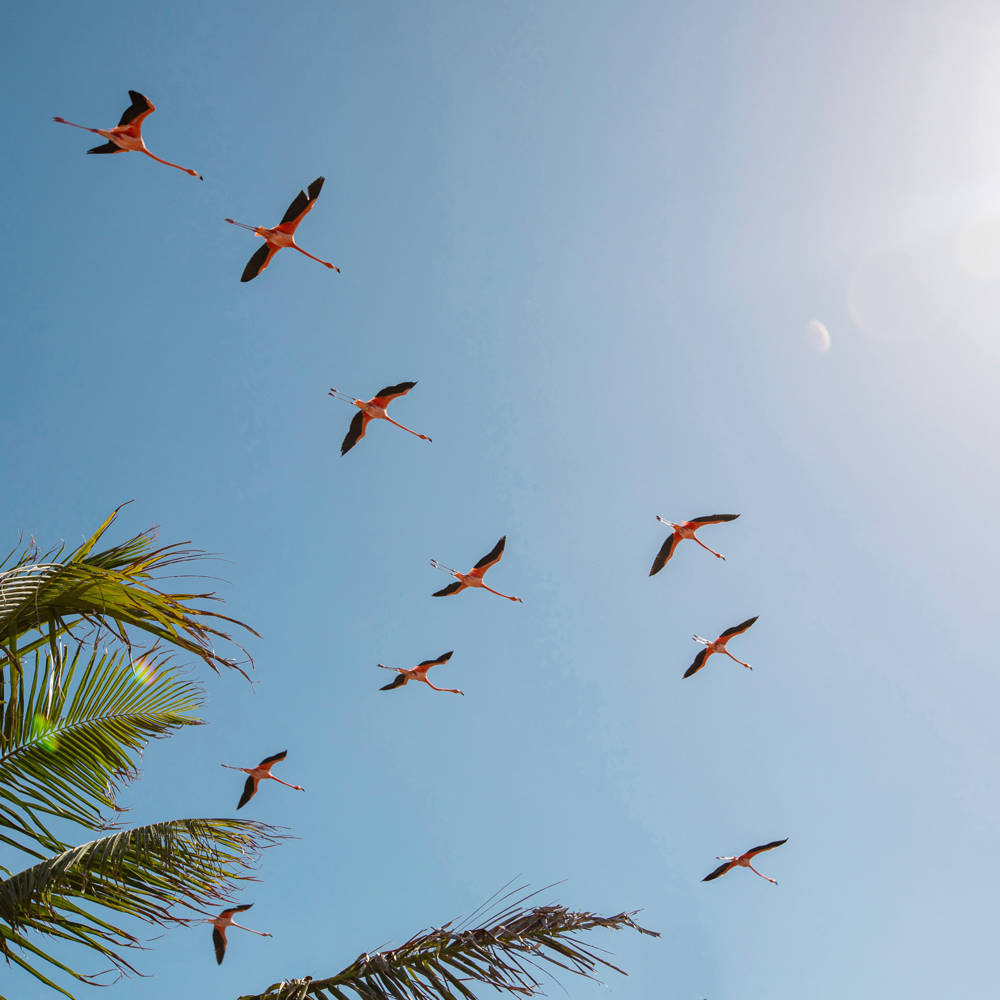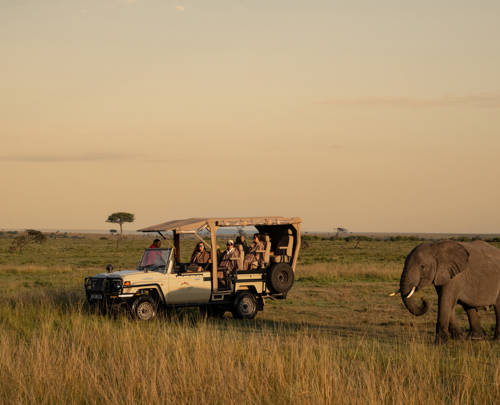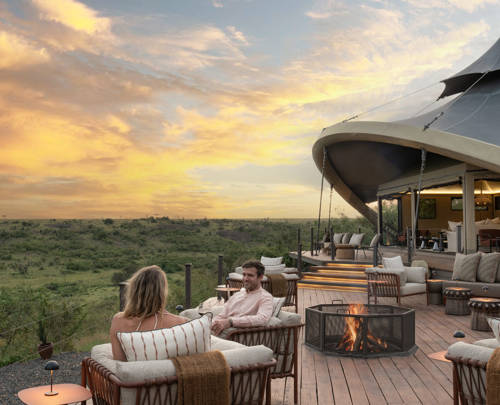Inspiration
Limited Edition stories
We deal in wanderlust. We like to get swept up: in aquatic adventures; in trails, treks and tours; in flavours and sunsets.
If you’re undecided where to pack up and head off to, immerse yourself in the pages of our travel notebook, catching up with the latest news, hearing from the people on the ground and collecting postcards.
Wish you were here?
A first-time safari guide: what to know before you go
Every luxury African safari begins differently, but the feeling is always the same: anticipation, excitement, and the sense that something extraordinary is about to happen. Discover what to know before you go, with expert insights from the guides at Mahali Mzuri, Finch Hattons and Ulusaba.
Adventures on two wheels in Mallorca, Switzerland and Morocco
There's no better way to truly know a place than at the rhythm of your own pedals, from quiet mornings on coastal roads to sunset spins over high mountain passes. Our luxury escapes have quietly become some of the most exhilarating cycling retreats on the planet, each offering its own distinctive flavour of on-bike adventure across road cycling, e-biking, and rugged off-road exploration.
The art of unwinding: Calm spaces and restorative treatments at Virgin Limited Edition
Across our collection of luxury retreats, wellness unfolds gently. Calm treatment rooms, outdoor spaces for movement, and extraordinary natural settings create opportunities for restoration that feel instinctive rather than prescribed. Whether through a spa ritual, a sunrise yoga session or simply time spent immersed in nature, January becomes a time to pause and reset.
When milestones deserve more - A safari celebration in Kenya
Some moments deserve more than a dinner reservation or a party at home. Landmark birthdays, anniversaries, vow renewals and once‑in‑a‑lifetime achievements call for a setting that feels extraordinary, somewhere that turns a celebration into a story you’ll be telling for years to come. In the heart of Kenya, Mahali Mzuri and Finch Hattons offer exactly that.
Honeymoons in the Mountains - Elevated Romance with Virgin Limited Edition
For couples who believe romance is best found above the clouds, a mountain honeymoon offers something profoundly special. Whether you’re dreaming of sun-drenched Mediterranean heights, North African drama, Alpine elegance, or South African wine country, these four extraordinary retreats redefine what a honeymoon in the mountains can be.
Discover the world after dark with Virgin Limited Edition
When the sun dips below the horizon, another side of travel awakens. Across the Virgin Limited Edition collection, each destination offers its own nocturnal magic. From African savannahs to Mediterranean mountains and Caribbean islands, the absence of light pollution turns every night into a spectacle of celestial wonder.
The most breathtaking Virgin Limited Edition wedding destinations around the world
Every love story deserves a setting as unique and breathtaking as the couple at its heart. From the wild plains of Kenya to the serene vineyards of South Africa and the turquoise waters of the Caribbean, Virgin Limited Edition’s luxury retreats transform dream weddings into unforgettable moments.
Hidden Mallorca - The Island’s Most Picturesque Villages
Tucked between the rugged cliffs of the Tramuntana Mountains and the sparkling Mediterranean, Mallorca’s northwest coast is a patchwork of secret villages, terraced vineyards, and sun-drenched stone streets that seem untouched by time.
Tented Weddings: Where wild romance meets luxury adventure
There’s something wildly romantic about the soft rustle of canvas, lantern light flickering in the dusk, and the distant hum of the wilderness. Forget ballrooms and banquets: this is the new frontier of romance, where love stories unfold under open skies and every moment feels like it’s been written just for you.
Franschhoek Destination Guide: The Culinary & Wine Heart of the Cape Winelands
With its French heritage, charming village atmosphere, and more than three centuries of winemaking tradition, Franschhoek is an unmissable stop for travellers seeking the best of South Africa. And there’s no better way to experience it than by making Mont Rochelle Hotel & Vineyard your home in the valley.











